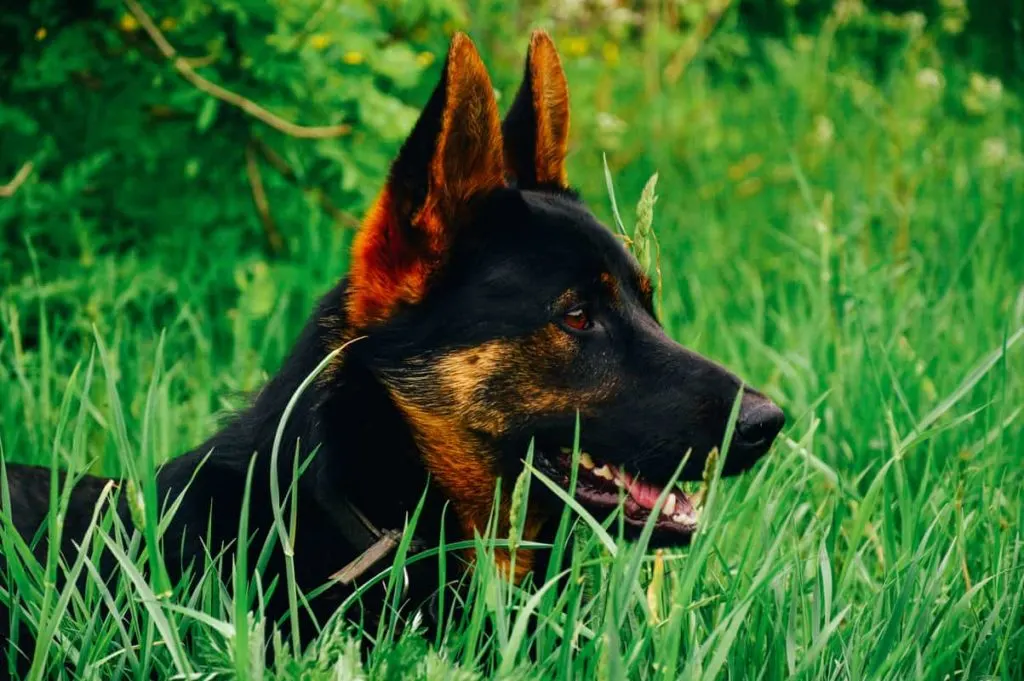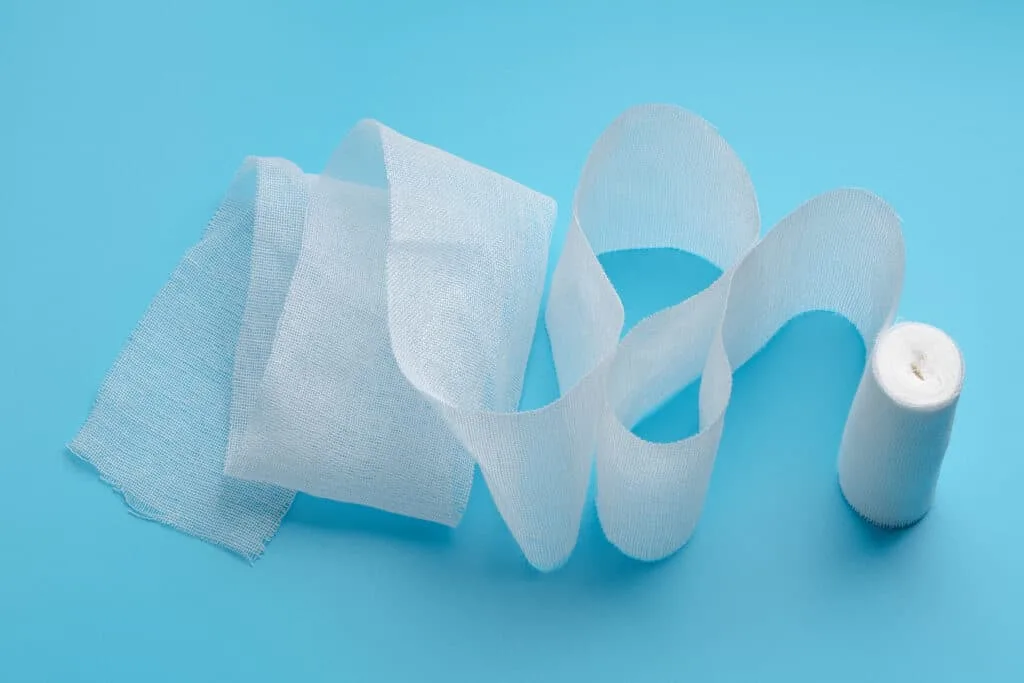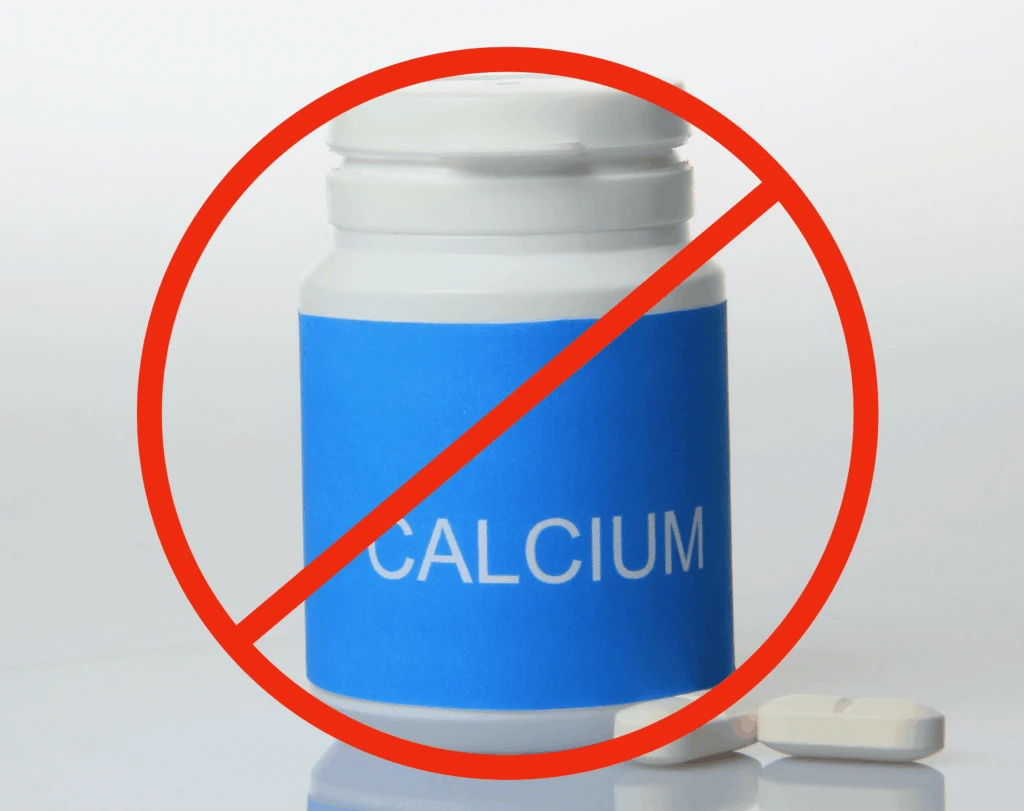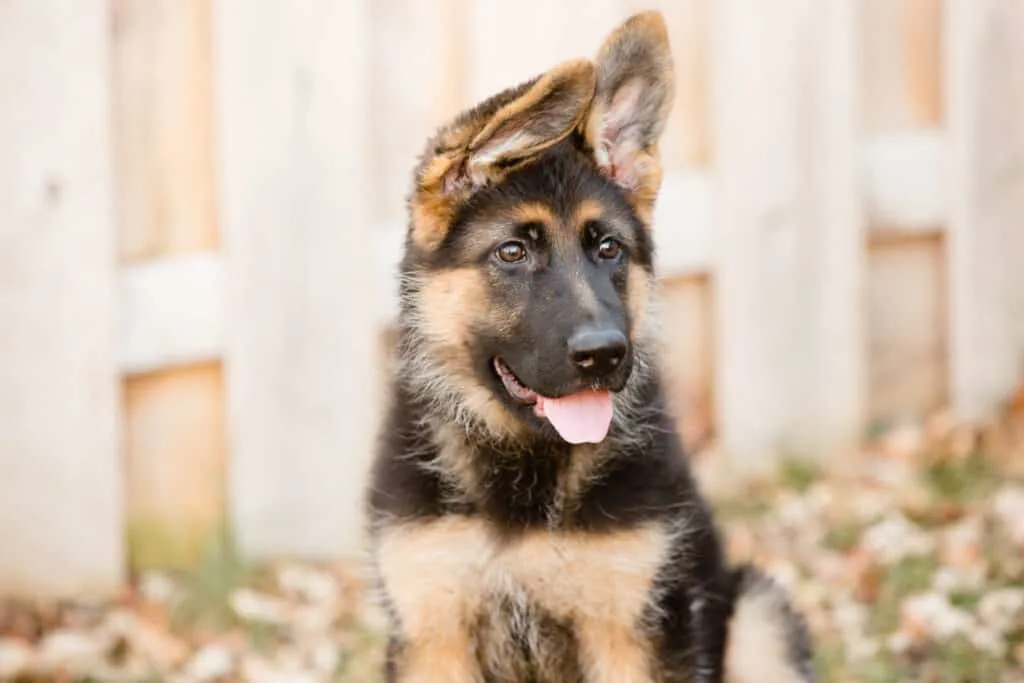
A striking and distinguishing feature of German Shepherd puppies are their ears. If you’ve ever owned a GSD as a puppy, then you are quite familiar with what we’re talking about here.
GSD puppy ears are most often disproportionately large in comparison to their heads in an almost comical way. Because of the size of their ears, however, the ears are often drooped over for some time. This often begs an answer to the following question:
When will my German Shepherd puppy’s ears stand up?
It is common for a German Shepherd puppy’s ears to remain floppy during the teething phase, as some of the calcium that aids in ear development is being diverted to tooth development. A GSD puppy’s ears will stand up on their own after the teething phase is completed, usually at around 16-24 weeks of age.
Click Here to Jump to a Section
To Tape or Not to Tape?

It is important to understand that you should never tape your GSD puppy’s ears too soon in an effort to make them stand up. Should you decide that you want to give this a try, you should wait until your puppy’s adult teeth have started to come in.
This is generally within a time frame of 3-5 months. However, we recommend waiting until your puppy has finished teething. This usually occurs at around the age of 6 months. This is not set in stone, so it is important to consult with your veterinarian to confirm that your GSD puppy’s teething stage has been completed.
Taping a German Shepherd puppy’s ears up too soon may actually damage them to the point that they will never stand up on their own.
As a puppy, your GSD’s ears may seem to a mind of their own – sometimes they will be standing straight up, while other times they remain flopped over. This is because, during the teething phase, calcium cycles back and forth between a GSD puppy’s ears to his teeth which causes this oscillation.
Calcium Supplementation

In order to ensure that your GSD puppy’s ears will stand on their own in the shortest time frame possible, it is very important to make sure that your puppy has an adequate intake of calcium.
During the teething process, it is likely that some of the calcium that is normally channeled towards the ears is being diverted to promote the growth of its teeth.
While it is important to make sure that sure that your GSD puppy has an adequate calcium intake, do not give your puppy calcium supplements. Giving your GSD puppy calcium supplements can cause long-term problems such as:
- bone spurs
- arthritis
- joint problems
Instead of calcium supplements, it is perfectly fine and we even encourage you to provide your puppy with a tablespoon of cottage cheese or yogurt mixed into each meal. As always, however, please consult with your veterinarian to make sure your individual puppy will not have any digestive issues associated with this supplementation to its diet.
Keeping Your Puppy in Good Health
The overall health of your German Shepherd puppy will play in important role in the strength and development of his ears. One simple step that you can take is to make sure that your puppy’s vaccinations are up-to-date. Also, make sure that your puppy has been de-wormed on schedule.
Overlooking these simple things can not only lead to delayed or improper ear development in your puppy, but they can lead to more serious and irreversible, or even fatal health problems down the road.
In addition to making sure that your puppy is caught up on his vaccinations and de-worming, it is also important to make sure that your puppy is eating a well-balanced and high quality food. Never feed your puppy a generic dog food, or a blend that is intended for adult dogs. It is vital to your puppy’s overall health that he is being fed a mix that is specifically formulated for puppies.
Royal Canin produces a mix that is crafted specifically for GSD puppies, but you can opt for any number of other reputable brands. Just make sure that it is a large breed, puppy specific mix.
Encourage Your Puppy to Use His Ear Muscles

As previously mentioned, your GSD puppy’s ears may seem to take on a mind of their own – one minute they are pointing straight up at attention, and in the next moment they are once again flopped over.
As long as your puppy’s ears have the ability to stand up on their own, you will be able to encourage more of the same. Take advantage of your puppy’s natural curiosity by making noises that will encourage your puppy’s ears to stand at attention. Try things like whistling, clapping your hands, squeezing a squeaky toy – you get the idea. Anything to grab your puppy’s attention.
The more that you are able to make your puppy’s ears stand on their own, the more you are encouraging the strengthening of his ear muscles. Just like any muscle on your body, the more it’s used, the stronger it will get.
Another thing that you can do to help your GSD puppy’s ears to stand on their own is to regularly provide him with bones or chew toys. As your puppy chews on these things, the chewing motion works to strengthen the muscles at the base of the ear. This, in turn, will work to give the ears a stable muscle foundation upon which to stand straight up on their own.
Preventing Damage to Your Puppy’s Ears
Damage to a puppy’s ears can prevent the ears from standing on their own, and this type of damage can occur in more ways than you may think.
Pay attention to how your puppy sleeps, especially if he sleeps in a crate. Sometimes puppies will sleep with their ears propped up against the side of the crate that they are in.
Over time, this may damage your puppy’s ears. If you do notice that this is happening with your puppy, then try waking your puppy up. Make a noise or even reach in the crate to pet him. The idea is to just do something that will grab your puppy’s attention enough for him to readjust himself.
Another behavior to watch out for may be prevalent if you have another dog in the house – especially another puppy. Puppies often get into the habit of nipping and biting at each other’s ears. While this behavior may seem harmless and just a part of natural play, it can actually be detrimental to your puppy’s ears developing properly.

This type of play can damage the muscles to support the growth and development of your puppy’s ears. So if you have more than one dog in the house, or even if you allow your dog to play with others (which you should), make sure to keep a close eye on how they are playing together. Your awareness is crucial here, and it is your responsibility to intervene if you witness this type of play happening.
To keep your German Shepherd puppy’s ears in good health and thus giving the best chance of standing on their own, it is also very important that you clean your puppy’s ears on a regular basis.
High-quality ear cleaning solutions, such as Pet MD Ear Cleaner Wipes is available online, and the instructions are rather straight forward. Should you have any questions, do not hesitate to reach out to your veterinarian for guidance.
Lastly, we will dispel a popular myth about something that many people think works to encourage their German Shepherd puppy’s ears to stand – massaging the ears. We strongly discourage you from doing this. While an adult GSD loves ear rubs, and they are harmless to an adult, the same does not hold true for a GSD puppy.
Massaging, rubbing, or just playing with your puppy’s ears can actually have the effect of damaging them. This is because your GSD puppy’s ears and the muscles associated with them are actually very delicate when they are in this stage of life.
This by no means is intended to discourage you from petting your puppy’s ears, or even playing with them a little. It is, however, intended as a caution that you must be gentle with your GSD puppy’s ears to give them the best chance of developing properly without any external aids.
If you have exercised all of the proper precautions listed in this article and your puppy’s ears are still struggling to stand on their own, consult with your veterinarian. If it has been over about 7 months and your GSD puppy’s ears are still flopping around, then your vet may suggest calcium injections. This will sometimes work as a last resort.
Also, reach out to your breeder. Not all puppies develop at the exact same rate, and your breeder may be able to provide you with some insight as to when you can expect your GSD puppy’s ears to stand on their own.
Final Thoughts
If your German Shepherd puppy’s ears are reluctant to stand on their own, this is not too much reason for concern. There is a strong likelihood that they will eventually do so without the need for taping or other means of intervention.
Make sure that your puppy is properly vaccinated, de-wormed on schedule, fed a healthy diet, and is not engaging in behaviors that may be damaging to his ears. In other words, just do your part, and chances are that your German Sheperd puppy’s ears will be standing up on their own before you know it!
